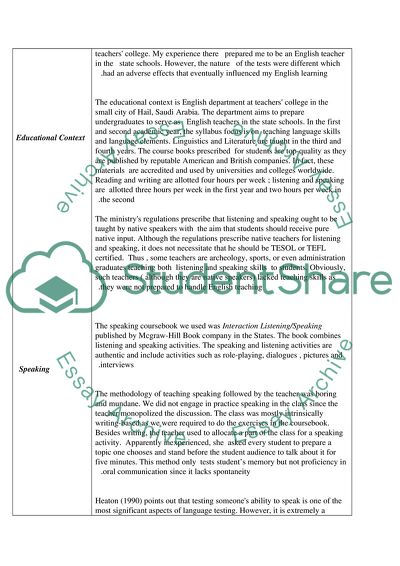Cite this document
(English Language Teaching Language and Assessment Harmful Effects of Term Paper, n.d.)
English Language Teaching Language and Assessment Harmful Effects of Term Paper. https://studentshare.org/education/1723157-elt
English Language Teaching Language and Assessment Harmful Effects of Term Paper. https://studentshare.org/education/1723157-elt
(English Language Teaching Language and Assessment Harmful Effects of Term Paper)
English Language Teaching Language and Assessment Harmful Effects of Term Paper. https://studentshare.org/education/1723157-elt.
English Language Teaching Language and Assessment Harmful Effects of Term Paper. https://studentshare.org/education/1723157-elt.
“English Language Teaching Language and Assessment Harmful Effects of Term Paper”. https://studentshare.org/education/1723157-elt.


